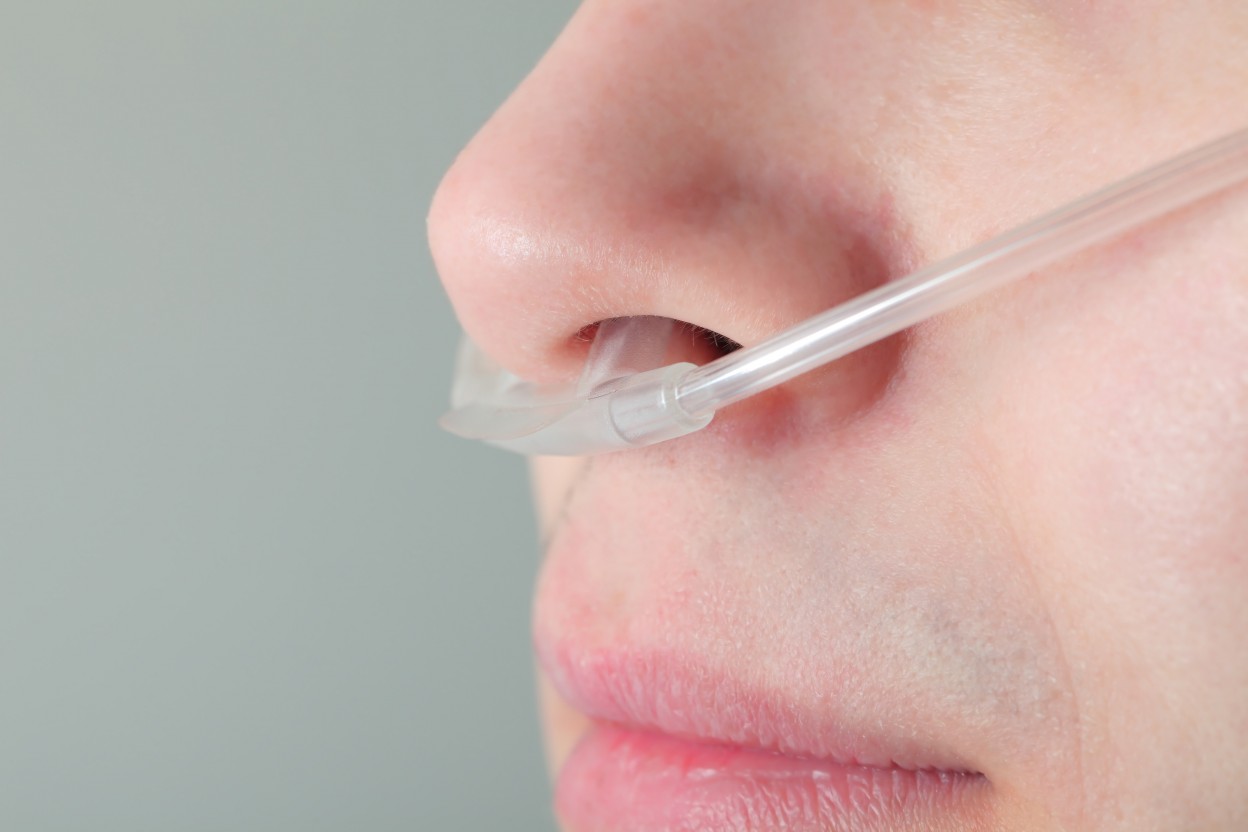Analysis of Long-term Oxygen Use in Some COPD Patients Makes Researchers Question Its Benefits

Long-term oxygen therapy may not benefit patients with mild to moderate chronic obstructive pulmonary disease (COPD) with low levels of oxygen in the blood (hypoxemia), a meta-analysis has shown.
This type of therapy did not prolong life expectancy or decrease the risk of hospitalization in these patients, and did not significantly improve their quality of life.
The study reporting the findings, titled “Long-term oxygen therapy in patients with chronic obstructive pulmonary disease and moderate hypoxemia,” was published in The Journal of the American Osteopathic Association. It was conducted by researchers at the Mayo Clinic.
Long-term oxygen therapy has been prescribed for decades to COPD patients to elevate their characteristic low blood oxygen levels. Previous research showed that this therapy could lower mortality rates and thus extend patients’ lives.
However, those studies were conducted decades ago and present several flaws, according to the study authors, including poor design and measurements, low number of recruited patients, lack of smoking abstinence among participants, and distinct risks of death between patients and healthy individuals, among others.
In fact, more recent and better-designed studies failed to demonstrate the decrease in mortality rates observed in the older studies.
“Throughout medicine there are practices and treatments that continue simply because they have always been done,” Neera Agrwal, MD, PhD, a hospitalist at Mayo Clinic and co-author of the study, said in a press release. “But physicians have to consider new evidence and adjust accordingly, which is one of the biggest takeaways from this study.”
Unlike COPD patients with severe hypoxemia who can benefit from oxygen therapy, the only improvement seen in those with mild to moderate hypoxemia is a reduced feeling of breathlessness. Researchers attribute this to subjectivity or a placebo effect.
The Phase 3 Long-Term Oxygen Treatment Trial (NCT00692198), the largest trial ever conducted regarding the use of long-term oxygen therapy in COPD patients with moderate hypoxemia, showed no significant clinical benefits of the therapy.
“It is a huge shortcoming of medicine that we still cannot identify which patients will benefit from oxygen therapy,” Agrwal said. “We know some definitely do, but many more are likely not getting any meaningful treatment.”
Besides the doubtful efficacy of long-term oxygen therapy, other concerns have been raised. Researchers noted that the at several hundred dollars a month, the treatment is relatively expensive. Also, Medicare is reducing support on oxygen therapy payment, making it a burden for patients.
Moreover, long-term oxygen therapy requires 15 hours of treatment per day for more than 90 days, forcing patients to carry a portable oxygen concentrator at virtually all times. Such oxygen concentrators come in a shoulder bag, typically weighing about five pounds, a considerable weight for COPD patients who get easily exhausted. Carrying the device may also affect patients’ social lives, as they often feel embarrassed or stigmatized when using it, Agrwal said.
Overall, the team suggests that physicians should prescribe long-term oxygen therapy on an individual basis, and in accordance with patients’ symptoms.
“The dogmatic prescription of long-term oxygen therapy for patients with COPD should be challenged, as the morbidity and mortality benefit of this treatment in patients with COPD with moderate hypoxemia remains unproven,” the researchers wrote.
The meta-analysis also demonstrated that exercise may relieve COPD symptoms, but more data is required to validate this observation.
According to the National Institutes of Health (NIH), there are nearly 15 million cases of COPD in the U.S., and another 15 million could remained undiagnosed, effectively doubling the COPD patient population.





